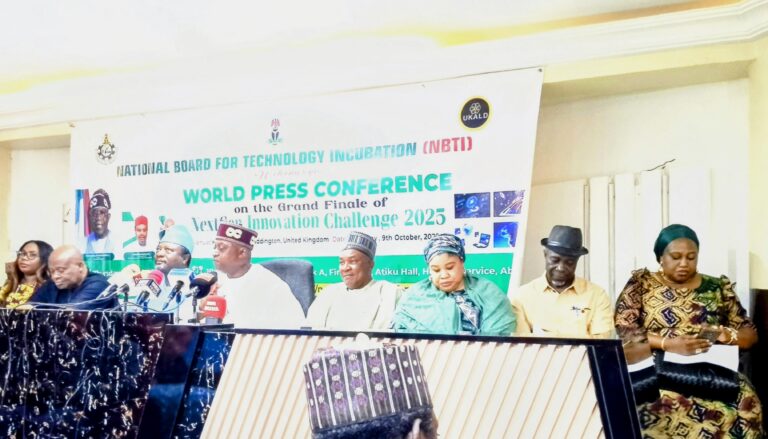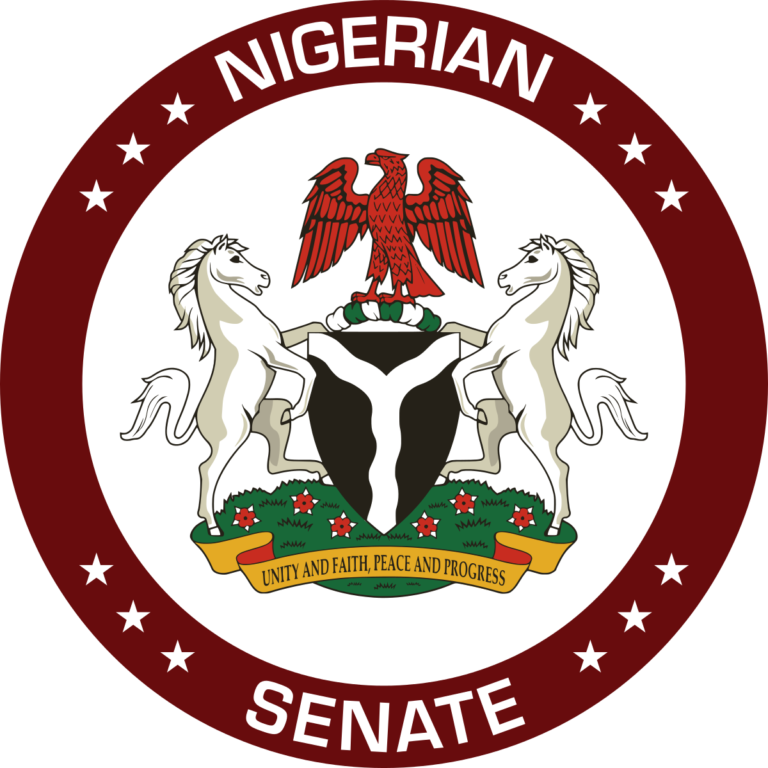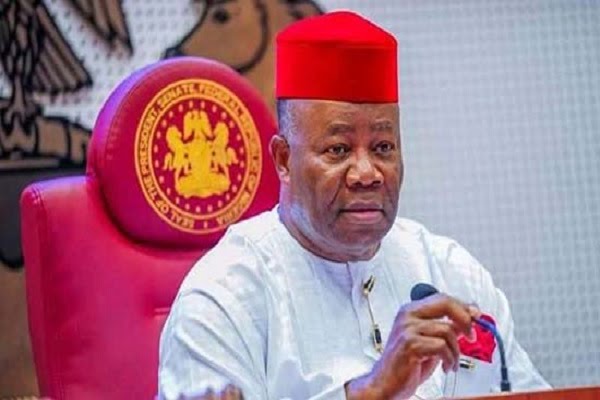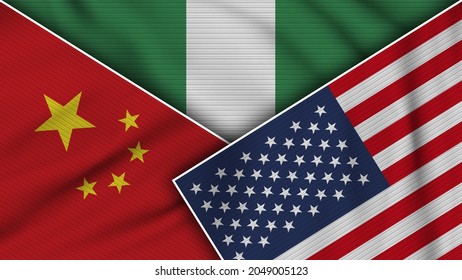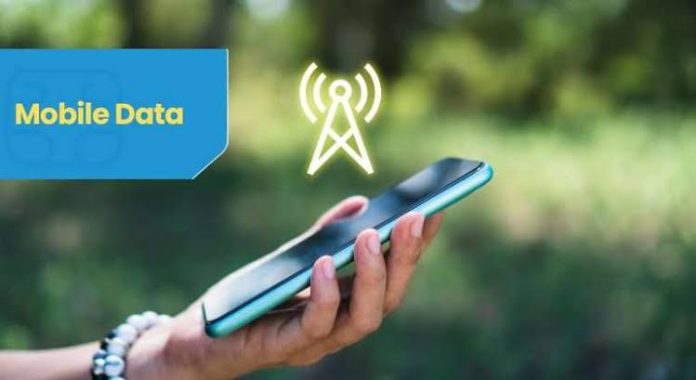
The International Telecommunications Union (ITU) has highlighted Nigeria as a global leader in affordable mobile data costs. This revelation was featured in the ITU’s recent Global System for Mobile Communications Association (GSMA) report titled “The Role of Mobile Technology in Driving Digital Economy in Nigeria.”
According to the report, Nigeria offers cost-effective connectivity services with an average cost of $0.38 per gigabyte, making it the most affordable in West Africa, one of the lowest in Africa, and among the least expensive worldwide.
“The cost in Nigeria is a percentage of GNI (Gross National Income) per capita. Its basic data-only package is the lowest in West Africa and well below the average across Africa,” the ITU stated.
In comparison, other African countries such as Kenya, Ethiopia, and South Africa have higher average costs of $0.59, $0.68, and $1.77 per gigabyte, respectively. The report also noted that mobile data rates in the United States average $6 per gigabyte, underscoring Nigeria’s competitive pricing.
Despite this affordability, Nigeria’s telecommunications industry is facing significant challenges. Operators are advocating for a tariff increase to address issues stemming from currency devaluation, inflation, and the broader economic downturn.
Dr. Karl Toriola, CEO of MTN Nigeria, described 2024 as a difficult year for the sector. “We are the largest operators, so we’ve been relatively resilient, but it has been very challenging,” he said. He attributed the struggles to skyrocketing operational costs, which now surpass revenue, driven by rapid currency devaluation and inflation.
READ ALSO: South Africa Eases Visa Rules for Nigerian Tourists and Business Travelers
FG, Stakeholders to Develop Actionable Policies to Caution Effects of climate change, Pollutions Control Across Nigeria
2024 National Oral Health Week: FG Intensifies Efforts to Eradicate NOMA in Nigeria
Toriola emphasized that a tariff adjustment is crucial for sustaining and improving service quality. “The tariff increase will allow us to reinvest in capacity, resilience, and alternative power systems to ensure stable and high-quality networks,” he added.
The Federal Government has acknowledged the need for tariff adjustments but assured Nigerians that any increase would be moderate and significantly lower than the 100% hike proposed by telcos.
As discussions about the telecom sector’s future continue, stakeholders aim to strike a balance between operational sustainability and consumer affordability. The goal is to ensure Nigeria’s digital economy remains accessible while enabling the industry to thrive in the face of economic pressures.



